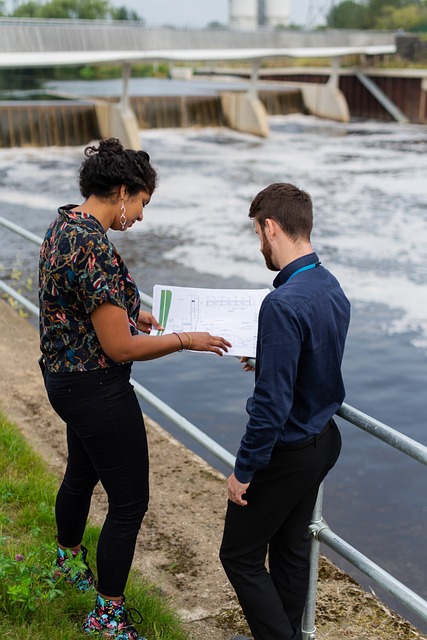Civil engineering is a diverse and multidisciplinary field that encompasses various specialized areas. Here are some of the major types of civil engineering:

Structural Engineering:
Structural engineers design and analyze structures such as buildings, bridges, dams, towers, and tunnels to ensure their safety, stability, and durability. They consider factors like load-bearing capacity, material selection, and earthquake resistance.
Estimation and costing in civil engineering
Geotechnical Engineering:
Geotechnical engineers study the behavior of soil and rock, assessing their suitability for construction projects. They design foundations, retaining walls, and slopes, as well as analyze soil stability for various applications.
Transportation Engineering:
Transportation engineers focus on planning, designing, and managing transportation systems, including roads, highways, railways, airports, and public transit. They work to improve traffic flow, safety, and infrastructure efficiency.
Water Resources Engineering:
Water resources engineers manage and develop water-related infrastructure, such as dams, reservoirs, flood control systems, irrigation networks, and water supply systems. They aim to manage water resources sustainably.
Environmental Engineering:
Environmental engineers address issues related to environmental protection and sustainable development. They work on projects involving wastewater treatment, air quality control, pollution prevention, and sustainable waste management.
Construction Engineering:
Construction engineers oversee the planning, scheduling, and management of construction projects. They ensure that projects are completed on time and within budget while meeting quality and safety standards.
Coastal and Ocean Engineering:
Coastal and ocean engineers deal with projects in coastal areas, including beach erosion control, harbor and port design, and offshore structures like oil platforms and wind turbines.
Materials Engineering:
Materials engineers research and develop construction materials such as concrete, steel, and asphalt. They work on improving the properties and durability of these materials for use in civil engineering projects.
Urban and Regional Planning:
Urban and regional planners focus on the development and organization of cities and regions. They create land-use plans, transportation networks, and sustainable urban development strategies.
Hydraulic Engineering:
Hydraulic engineers design and analyze systems involving the flow and control of water, including channels, pipelines, and water distribution networks. They also work on hydraulic structures like spillways and weirs.
Surveying and Geomatics:
Surveyors use specialized equipment and techniques to measure and map land, helping civil engineers with accurate data for design and construction purposes.
Construction Management:
Construction managers oversee the day-to-day operations of construction projects, ensuring that they are completed efficiently, within budget, and according to specifications.
Structural Health Monitoring:
Engineers in this field focus on monitoring the condition of existing structures and infrastructure to assess their health and detect potential issues or maintenance needs.
Transportation Planning:
Transportation planners develop strategies for improving transportation networks, considering factors like traffic flow, public transportation, and sustainable transportation options.
Energy Infrastructure Engineering:
This specialized area involves the design and construction of energy-related infrastructure, such as power plants, electrical grids, and renewable energy installations.
These are just some of the many branches and specializations within the field of civil engineering. Civil engineers often collaborate across disciplines to tackle complex and multidimensional projects that contribute to the development and maintenance of infrastructure worldwide.
Leave a Reply